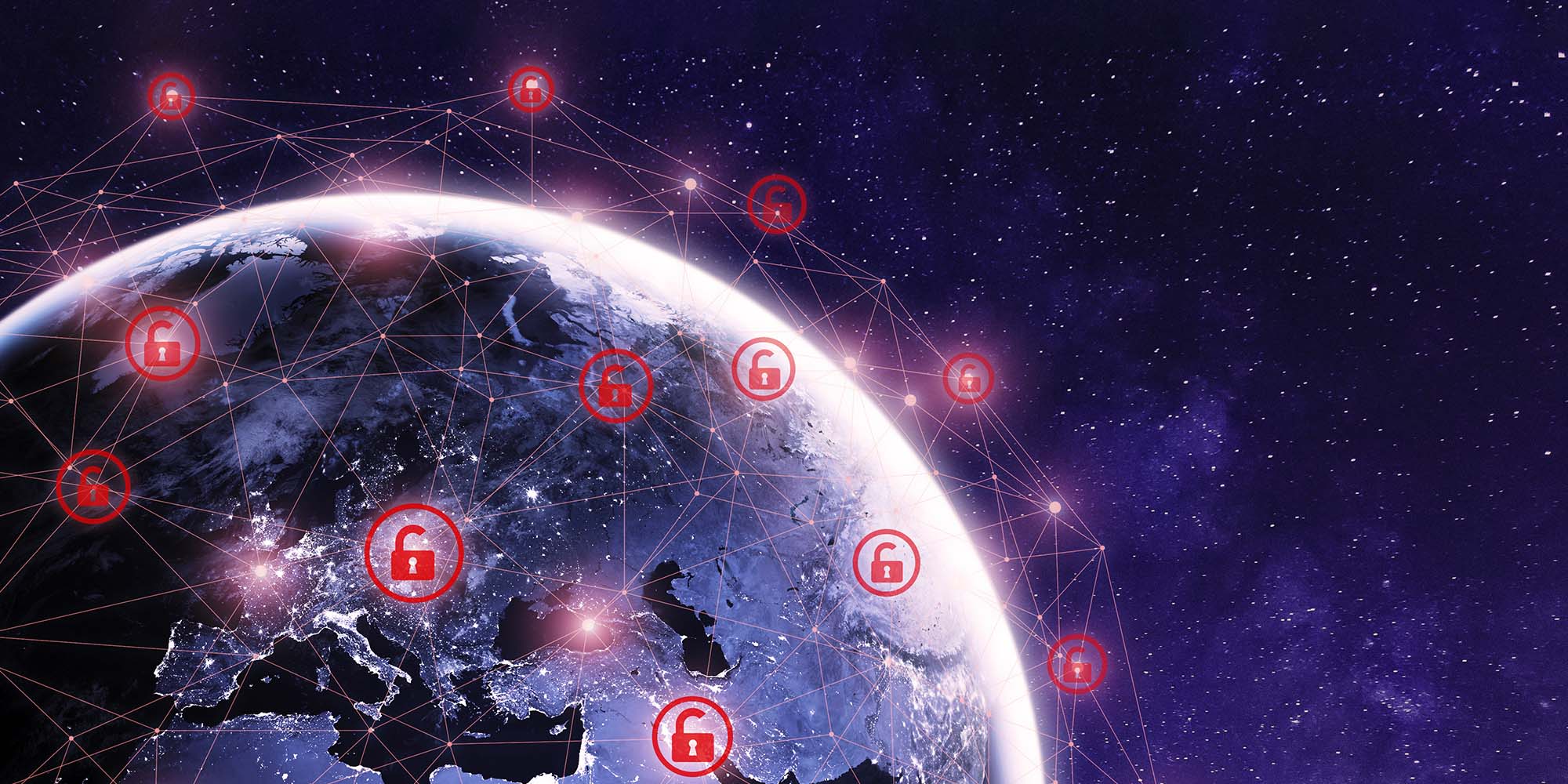October, European Cybersecurity Month. - DEEP
New technologies make us more vulnerable to cyberattacks!
Phishing has become the most common initial vector for cyberattacks. It is the most popular means of attacking an organisation. Once cyberattackers have gained access to an organisation, other attacks like ransomware can be carried out.
To inaugurate European Cybersecurity Month, ENISA (the European cybersecurity agency) published an article in September 2023 highlighting the risks of increased phishing linked to new technologies that are likely to grow between now and 2030.
Emerging technologies make it easier to phish – ENISA (europa.eu)
In information security, social engineering is a technique of psychological manipulation for the purpose of fraud. It includes the practice of phishing, and according to ENISA, the increase in the collection of behavioural data may lead to more targeted phishing attacks. The use of emerging technologies such as artificial intelligence and automated machine learning enables attackers to analyse user behaviour and launch targeted attacks. Cyberattackers are focusing more on maximising profit by improving their methods of attack.
DEEP’s response
With this in mind, in 2022 DEEP launched DNS Protector, an additional security option in its ConnectedOffice package for business customers. The challenge for DEEP is to prevent illegitimate and potentially malicious traffic that could affect the IT systems of its professional customers.
DNS Protector protects against malicious sites, phishing sites and reduces the spread of the latest generation of malware that restricts access to customers' devices by demanding a financial ransom to lift the restrictions. This option acts at the domain name (DNS) level. When a domain name is considered malicious, redirection to the site is blocked and a page is displayed informing the user of the reason for the block.
More secure, easier, non-intrusive and invisible connection
DEEP has chosen a security solution from Cisco Umbrella to protect Luxembourg businesses. The partnership with Cisco enables DEEP to deploy a solution that is minimally invasive for customers: no need to install an application or download a link.
This solution also makes it possible to accumulate statistics on malicious domain names blocked, while preserving the confidentiality of each customer's data.
In addition to visible user traffic, DNS analysis also helps prevent invisible interactions between two servers or between apps. During a ransomware-type attack, for example, malware deployed within the IT environment will be tasked with retrieving an encryption key from outside. All this is done without the users' knowledge. Blocking traffic at the DNS level automatically prevents the intruder software from retrieving the key and can protect data and systems from attack.
Since January 2023: DNS Protector has blocked 780,576 malware requests and 55,679 phishing requests.
Although not infallible, a protection solution based on DNS analysis prior to any connection attempt is now an essential component of every organisation's security system.
To find out more about our ConnectedOffice packages, visit our website or call us on freephone 8002 4000
Contact us
Do you have any questions about an article? Do you need help solving your IT issues?
Contact an expert







Our experts answer your questions
Do you have any questions about an article? Do you need help solving your IT issues?
Other articles in the category Cybersecurity
How do you prepare for NIS2?
NIS2 aims to strengthen the cyber security of critical organisations in Europe. Apply it from January 2025 to avoid fines of up to 2% of your global turnover. Find out in this article what NIS 2 is, who is affected and how to prepare by capitalising on what already exists.
Published on
28 April 2024
DDoS attacks in Luxembourg in 2024
Discover the statistics of DDoS attacks detected in Luxembourg in 2024 by POST Cyberforce.
Published on
31 March 2024
DDoS attacks in Luxembourg in 2023
Discover the statistics of DDoS attacks detected in Luxembourg in 2023 by POST Cyberforce.
Published on
15 February 2023



